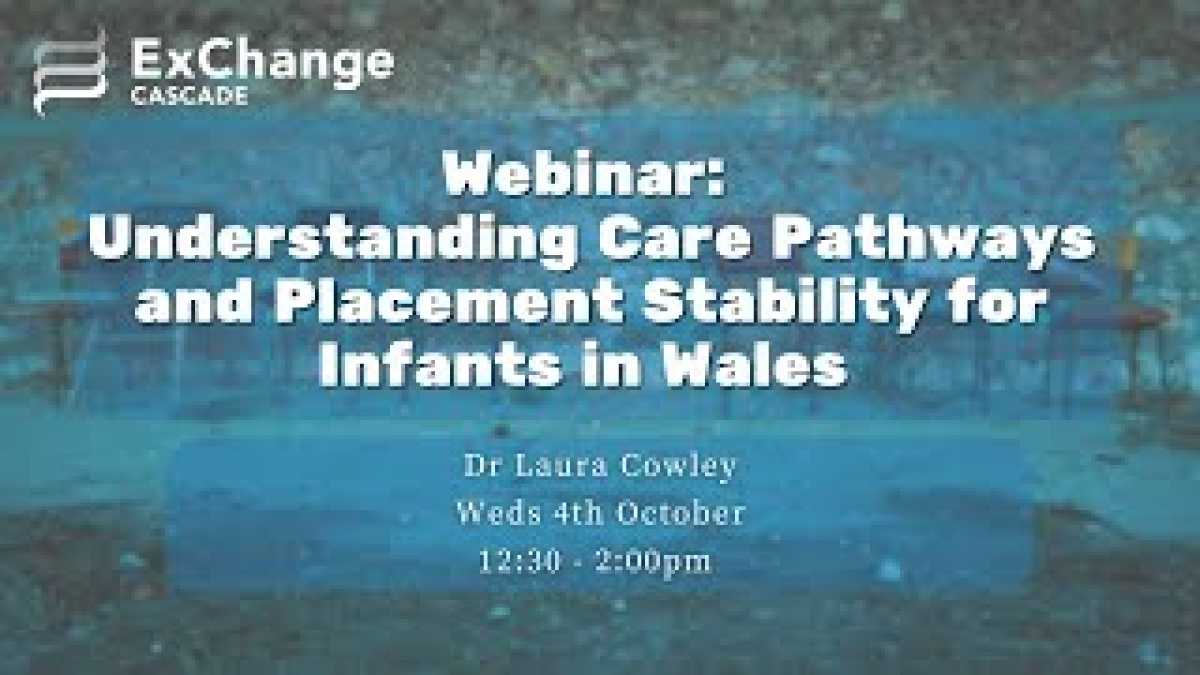Health
Study Reveals Care Pathways and Placement Stability for Adolescents in Wales

A recent study conducted by the Family Justice Data Partnership has shed light on the care pathways and placement stability for adolescents in Wales, marking a significant step in understanding the challenges faced by vulnerable youth in the region.
The study, the first of its kind in the UK, delved into the experiences of adolescents aged between 10 and 17 entering the care system in Wales.
Over the past decade, there has been a notable increase in the number of adolescents entering care in Wales, with approximately 23% of children in care being over 16 years old.
An intriguing finding from the study revealed that adolescents aged 14-15 were the most likely to enter care, constituting the largest proportion of new entrants each year.
When examining placement stability, the research uncovered that nearly half of younger adolescents underwent three or more placement moves, while older adolescents were more likely to experience only one placement during their time in care.
Government initiatives such as ‘Staying Put‘ were highlighted in the report, aimed at allowing young people to stay with foster carers beyond the age of 18 to enhance stability, especially during critical ages.
The study indicated that older adolescents had higher rates of voluntary arrangements, while younger adolescents were more inclined to enter care under interim care orders.
Analysis of the data revealed variations across the 22 local authorities in Wales, with regions like Pembrokeshire, Wrexham, and Cardiff exhibiting higher than average incidence rates of adolescents entering care for the first time.
Laura North, a researcher at Swansea University affiliated with the Family Justice Data Partnership, emphasized the importance of tailored interventions to address the unique needs of adolescents in care, underscoring the significance of informed policy and practice to enhance placement stability and overall outcomes.
The Family Justice Data Partnership, supported by the Nuffield Family Justice Observatory, operates as a collaborative venture between Lancaster University and Swansea University, focusing on providing critical insights and data-driven research in the realm of child and family justice.
The comprehensive report generated by the study can be accessed to delve deeper into the nuances of the care pathways and placement stability for adolescents in Wales.












